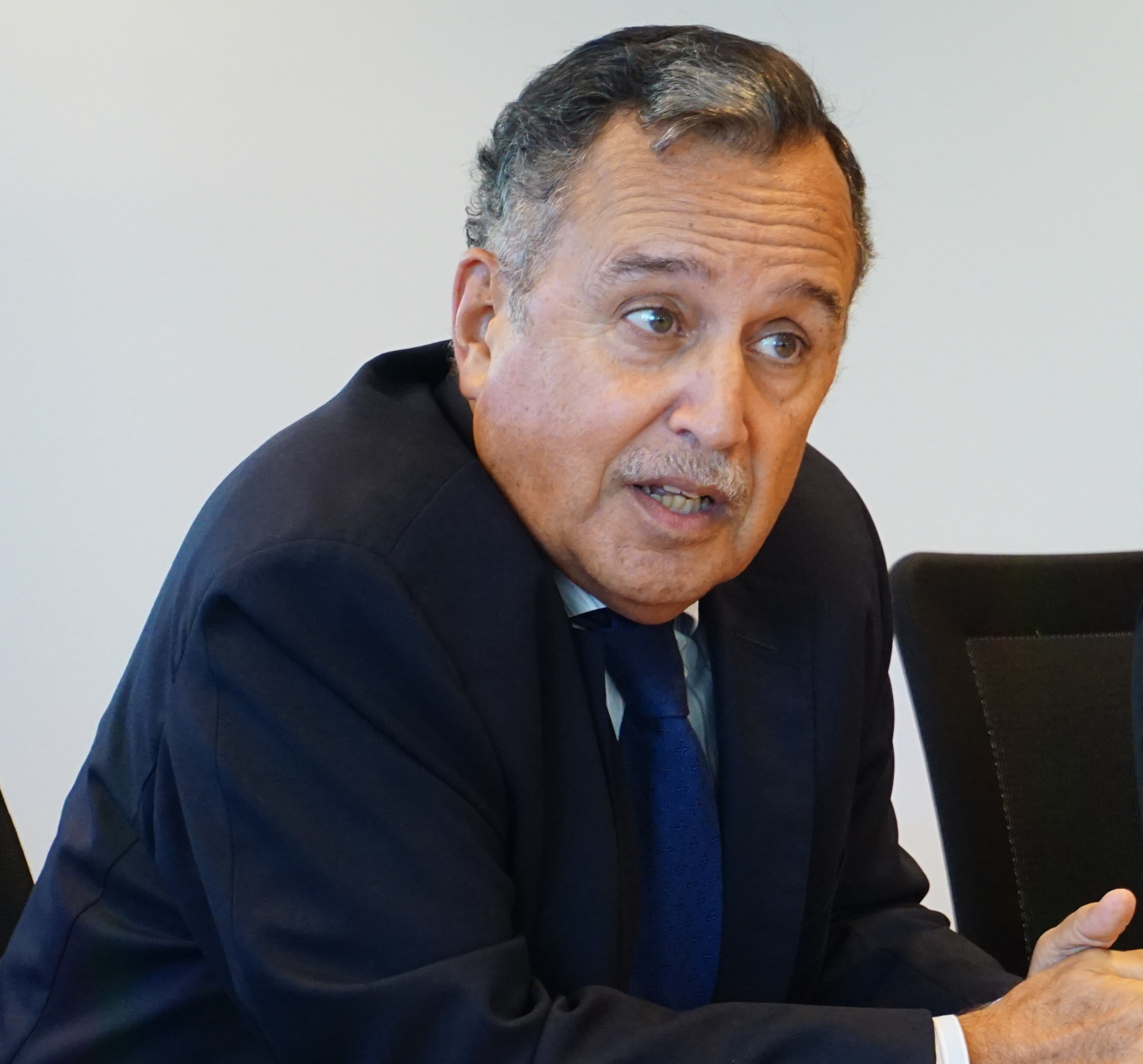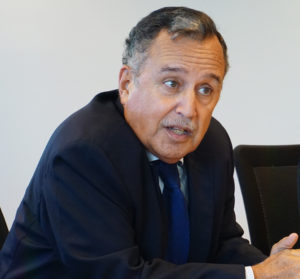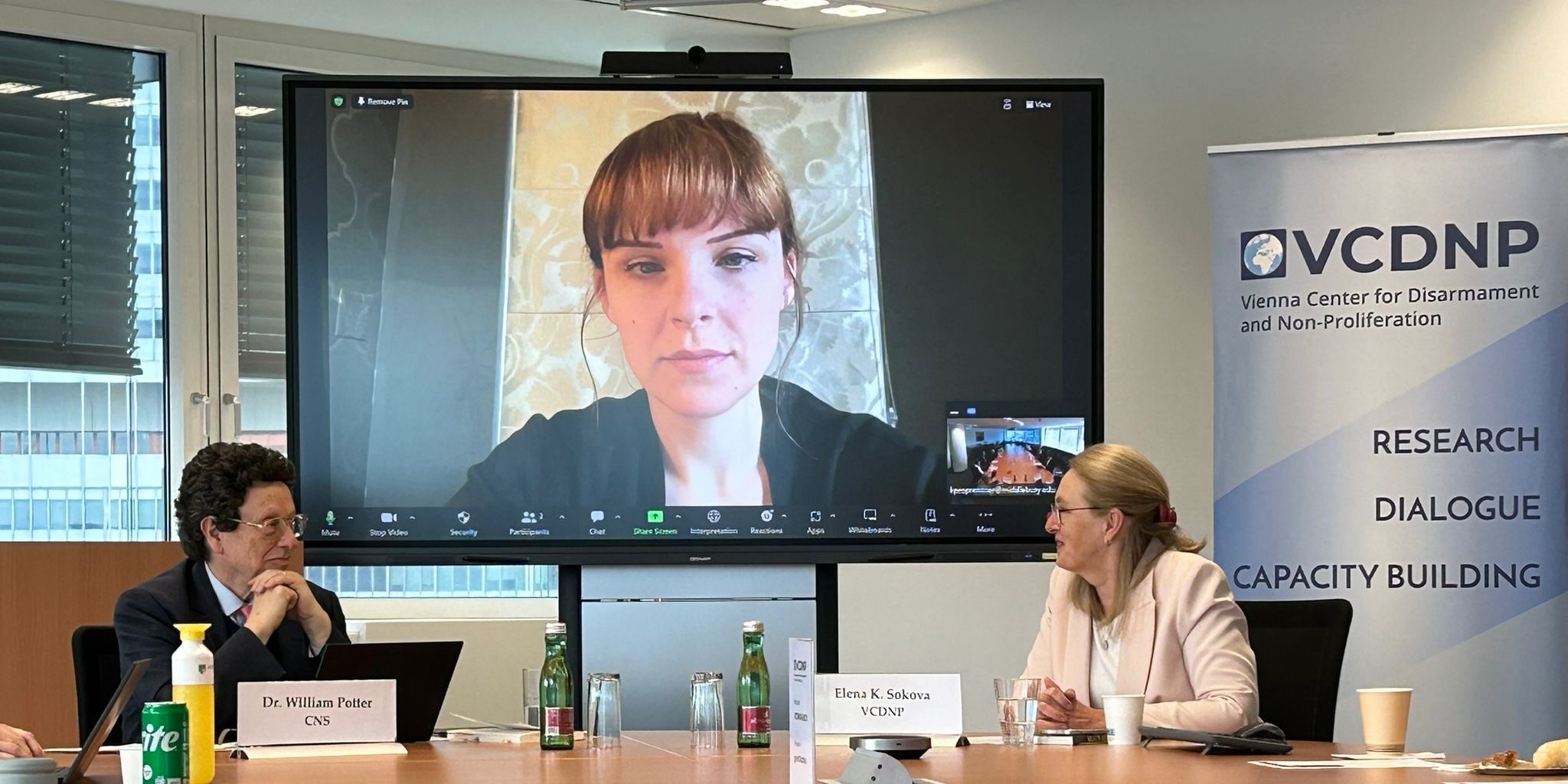
Nuclear proliferation concerns in the Middle East continue to draw international attention, particularly in the absence of progress on the establishment of a zone free of weapons of mass destruction and their delivery means (WMDFZ) in the region, as well as overall regional instability. On 24 October 2019, the VCDNP held a seminar with former Minister of Foreign Affairs of Egypt Nabil Fahmy to discuss the challenges and opportunities associated with the WMDFZ in the Middle East.

Minister Fahmy began his remarks with a warning that, because instability is steadily growing in the region, the risk of an arms race in the Middle East is greater than it has been in decades. A particularly worrying trend Minister Fahmy identified was his perception of growing apathy in the region and among the nuclear-weapon States about non-proliferation in general and the Treaty on the Non-Proliferation of Nuclear Weapons (NPT) in particular. He reminded the audience that a resolution on the establishment of a WMDFZ in the Middle East, co-sponsored by Russia, United Kingdom and the United States, was part of a package of decisions taken by NPT States Parties in 1995 in order to indefinitely extend the treaty. Minister Fahmy expressed concern that, if the 2020 NPT Review Conference ends with no tangible progress on the WMDFZ, 25 years after it was promised, stability in the Middle East would only deteriorate further. Addressing the upcoming Middle East WMDFZ Conference, mandated by the UN General Assembly and set to take place in New York in November 2019, Minister Fahmy also noted that its outcome can potentially affect the tone of the 2020 NPT Review Conference.
However, Minister Fahmy also identified opportunities for moving forward on the WMDFZ. As 2020 is the 25th anniversary of the indefinite extension of the NPT and the 50th anniversary of its entry into force, States Parties could use this opportunity to “show a sense of purpose” and to stop what he identified as a move backward on the Zone. While none of the stakeholders expect a Zone to be established in the near term, there are steps that States Parties can take to make serious progress, he argued. He made four recommendations in this regard:
Concluding his remarks, Minister Fahmy said that he would be happy to see any serious commitment to negotiating an agreement on a Zone that provides security for all of the states in the region. Without commitment by all of the relevant states, including those in the region and the co-sponsors of the 1995 resolution on the Middle East, to a serious process, he is skeptical that the international community can expect progress on the establishment of the WMD-free zone in the Middle East.

